We all need mentors in our daily lives #IVLP

Urias Brooks from Liberia tells us about his mission of improving access to education for children as a crucial stepping stone on young people’s way to the job market, and how COVID-19 forced them to start teaching mathematics… over the radio. Picking up schoolwork from their pupils on bicycles sounds interesting? Read on!
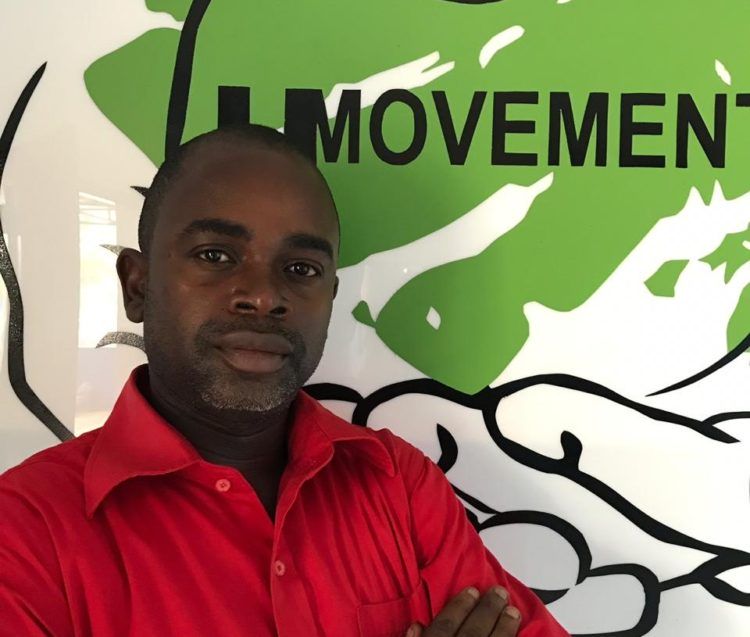
How did you get into the world of community projects? How did it all start?
I’d been helping kids that were fighting in the civil war in Liberia to reunite with their parents and then made sure they went back to school. Those people I’d helped are today managers, have PhDs, are teachers, and community activists. This experience made me dedicate more years of my life to working with young people. Today, as an organization – Youth Movement for Collective Action – we work with the government and currently manage 25 schools, take care of training teachers, providing textbooks for students, monitoring school performance and are behind the support and mentoring of students. We also work with the parents’ council.
What does the situation of the youth in Liberia look like in terms of education?
The government is not able to provide education to all children who need it, nor is it able to provide job opportunities for young people. Everyone needs to look after themselves in order to survive. People who come from working families and earn good money are able to send their children to private schools. They are very expensive, but kids there have many opportunities for development, books, access to computers, to the Internet, well-educated staff, and so on. Most people don’t have access to this kind of education – they often just don’t have the money. And not everyone has access to public education either. So, you have to look for other ways, such as mentoring. Another big problem is that young people in Liberia are not very open to volunteering and learning from someone more experienced. Similarly, it is hard to find young people who are willing to lead others. And the truth is, that we all need mentors in our daily lives.
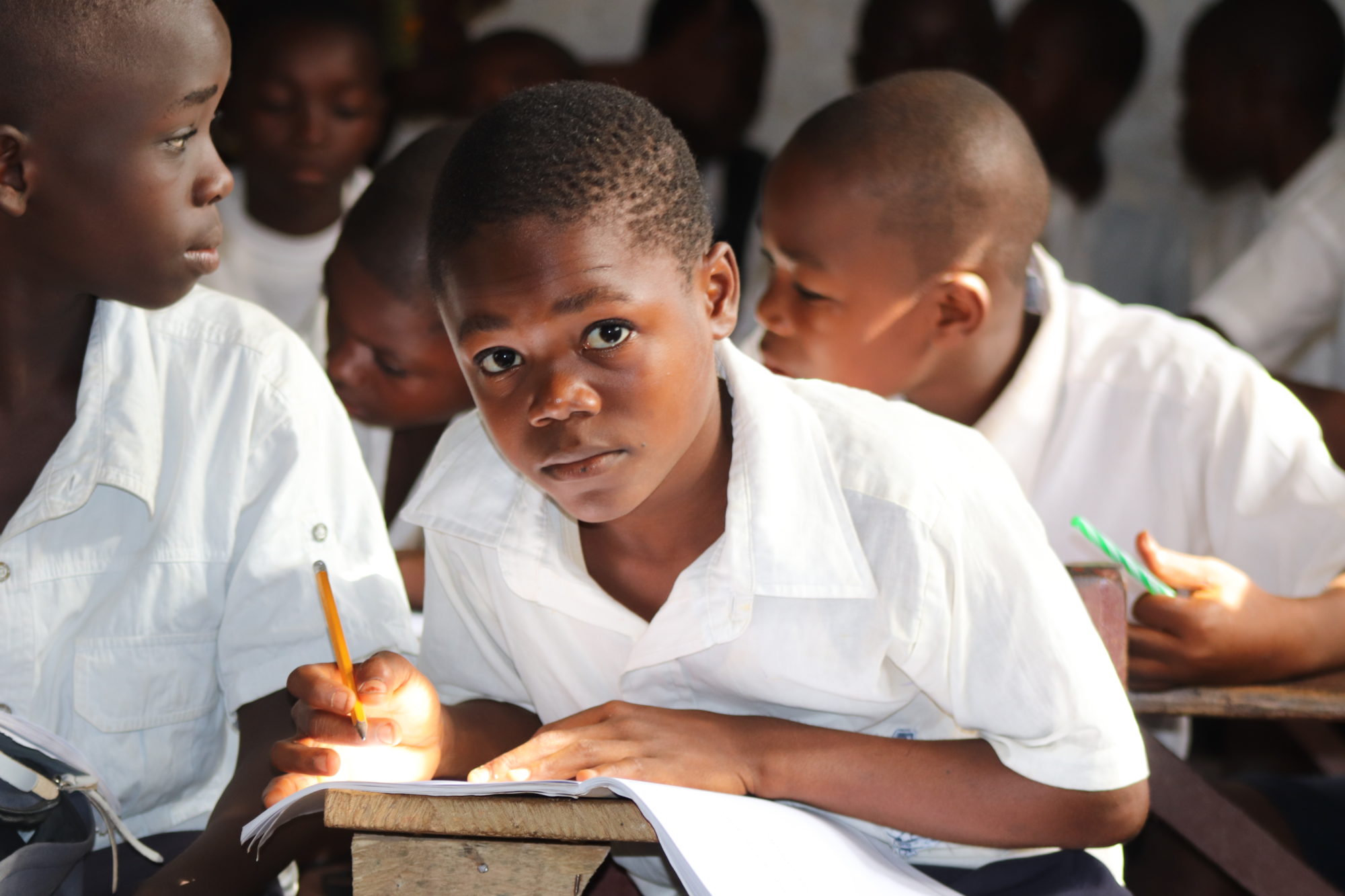
Speaking of mentoring, you point to it as a sort of solution to the problem of difficult access to education in Liberia. In your opinion, is mentoring a way to make young people better educated and increase their chance to find a job?
To make young people capable of taking responsibility for their future, they should be cooperative and willing to take hardship in exchange for the chance to develop; they must be willing to volunteer, to help, to assist other, more experienced people. Mentoring helps young people to change their perspective and their attitude in a particular context.
Is it something you do as part of your organization – Youth Movement for Collective Action?
U.B.: Yes, among other things. We recruit people in Liberia who have no work experience, who are recent graduates, and then we invite them to a training that helps them gain life skills and basic information about the job market. It is led by mentors with different backgrounds and experience e.g. teaching, medical, or business. After two weeks of training, they move on to the next stage where we try to find them a 6-month work placement in one of the partner institutions. After this time, it often happens that the institutions where they did their internship offer them a job.
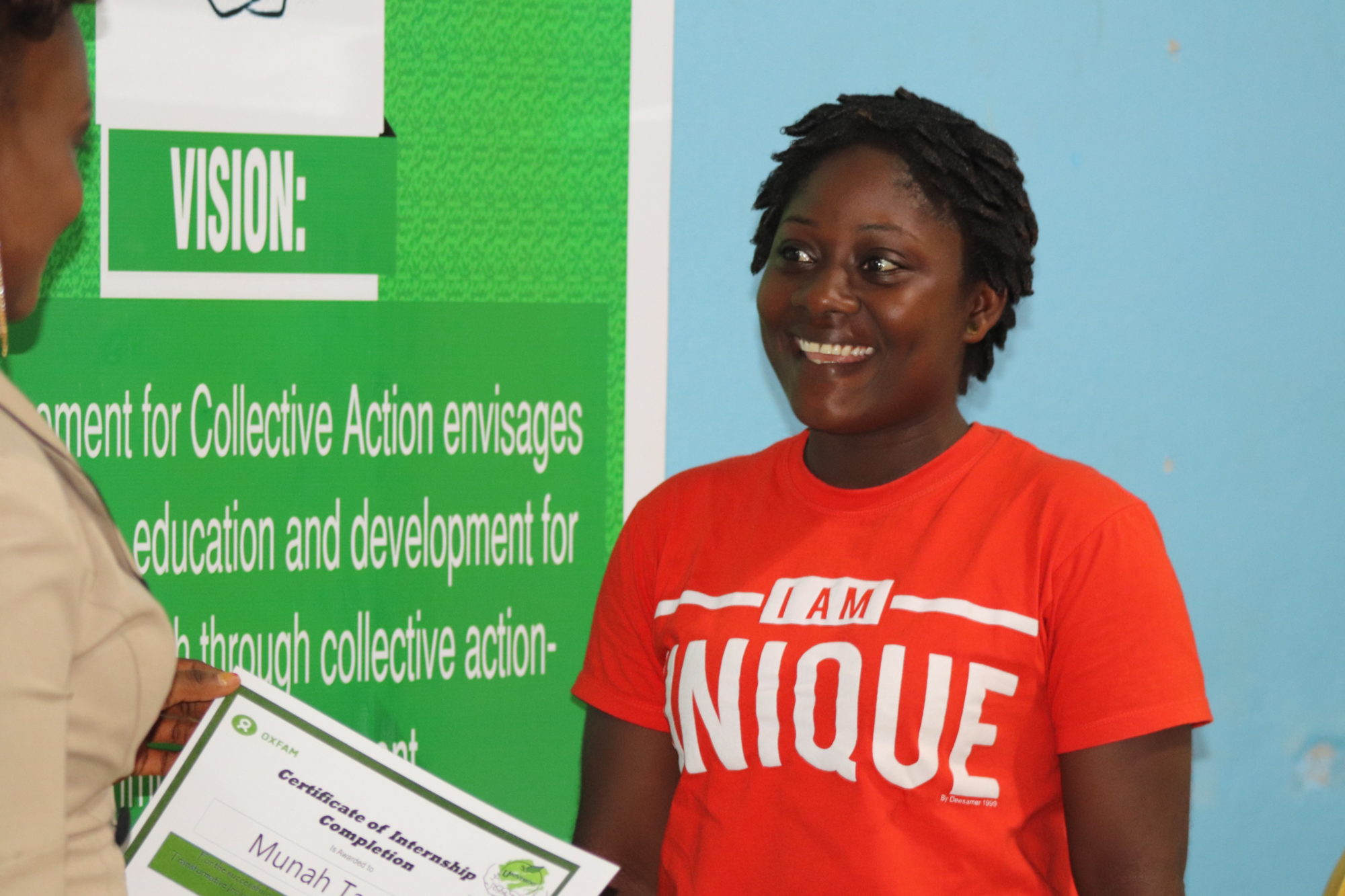
Has the pandemic affected your organization’s operations?
Yes, the pandemic has significantly affected our work. The first and most important thing that changed after the pandemic started is that the funding for our projects was severely cut. But it also pushed us to find new ways. In Liberia, we work with the Ministry of Education, participating in the “Public Private Partnerships” program. Our institution is one of the 5 national operators participating in the Liberia Education Enhancement Program which aims to provide adequate access to education for students. Due to the pandemic, we were not able to send children to school. In order for students to continue their learning, we provided them with kits of materials for individual learning. These are designed in layers, so that the completed part can be detached and left in front of the house, from where our teachers, on bicycles, can pick them up and assess them. In addition, we introduced remote learning to use radio. Students who have no other options listen to mathematics or language lessons over the radio. Others who have access to the Internet, watch the lessons recorded by our teachers on YouTube. In the schools we manage, we support the school authorities and teachers through remote training on how to function in the times of pandemic and through reporting on the activities of mentors and teachers in the area. This is something that seems to be working very well, and we are continuing with it.
How are you able to manage all this? Contracts with the government, providing education, embracing the organization in the COVID-19 era.
A very important thing that helps us is that much of what we do is based on working closely with communities and local institutions. We work with school authorities, parents, and community leaders. We believe that this collaboration will enable us to continue, even when we are left without funding. That is why it is so important that they are also part of our activities.
In addition, we are also looking online for philanthropists and donors who would like to support our activities in Liberia. For example, providing exercise books and books for students. We hope to cooperate internationally, e.g. with educational institutions from Poland that have experience in training teachers to work with the youth, or in using technology in teaching. It’s not just about the money. It’s about sharing knowledge, that’s very important.
How do you plan to continue the mission of providing opportunities for young people to develop? What are your plans for the future?
The first thing we intend to do in the future is to work with international organizations from abroad or individuals who have the right skills and want to help us and our institutions to work and to train us. Another thing is to hope that our efforts will be recognized and the government will support us. Liberia is divided into 15 regions and at the moment, we’re only operating in 8. We want to cover the whole country. We want to show what we can do by creating new project concepts, and we hope that our activities will receive adequate support.
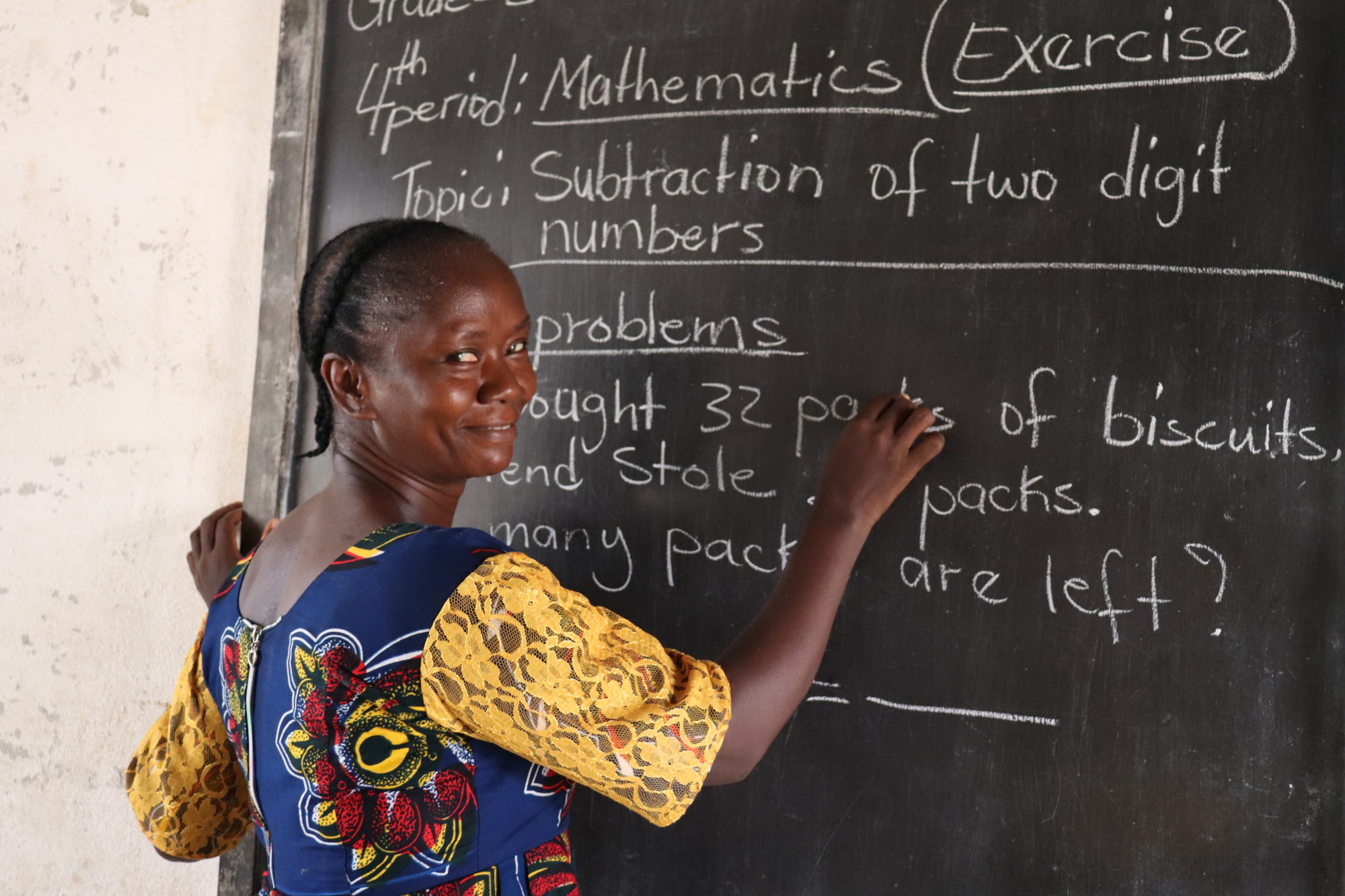
What was the most beneficial part of the International Visitors Leadership Program, from your perspective?
Social activists, no matter what country they are in, have a lot in common. That is why we need international partnerships, why we need to exchange our knowledge and experience, why we need to talk about what we do in our countries, about potential solutions to the problems we face there. The IVLP brought together many personalities from the international community, working in very different sectors.
What advice would you give to young people in today’s world?
My advice to young people would be to stop waiting for the older generations to create solutions to our problems because they may prove to be unreliable. Only you can change your life, the life of your family, and even the life of your entire generation. The solution is education. Education is the key to solving poverty and creating a better future for families and children. When you are educated, you can pass on your story that has never been told before. You can build bridges that have not been built before, you can build a school in your community that the government has not built. It doesn’t have to be formal education that involves sitting at desks. Use every educational opportunity that is available to you. It can be workshops, technical school, volunteering; start where you can. In this way your life will change. If you wait for someone to solve your problems, you may wait forever.
If you could make one change in the world, what change would it be?
The change in the world that I would like to see is access to quality education for people all over the world. I would like everyone to be an educated person, able to make good changes in society.
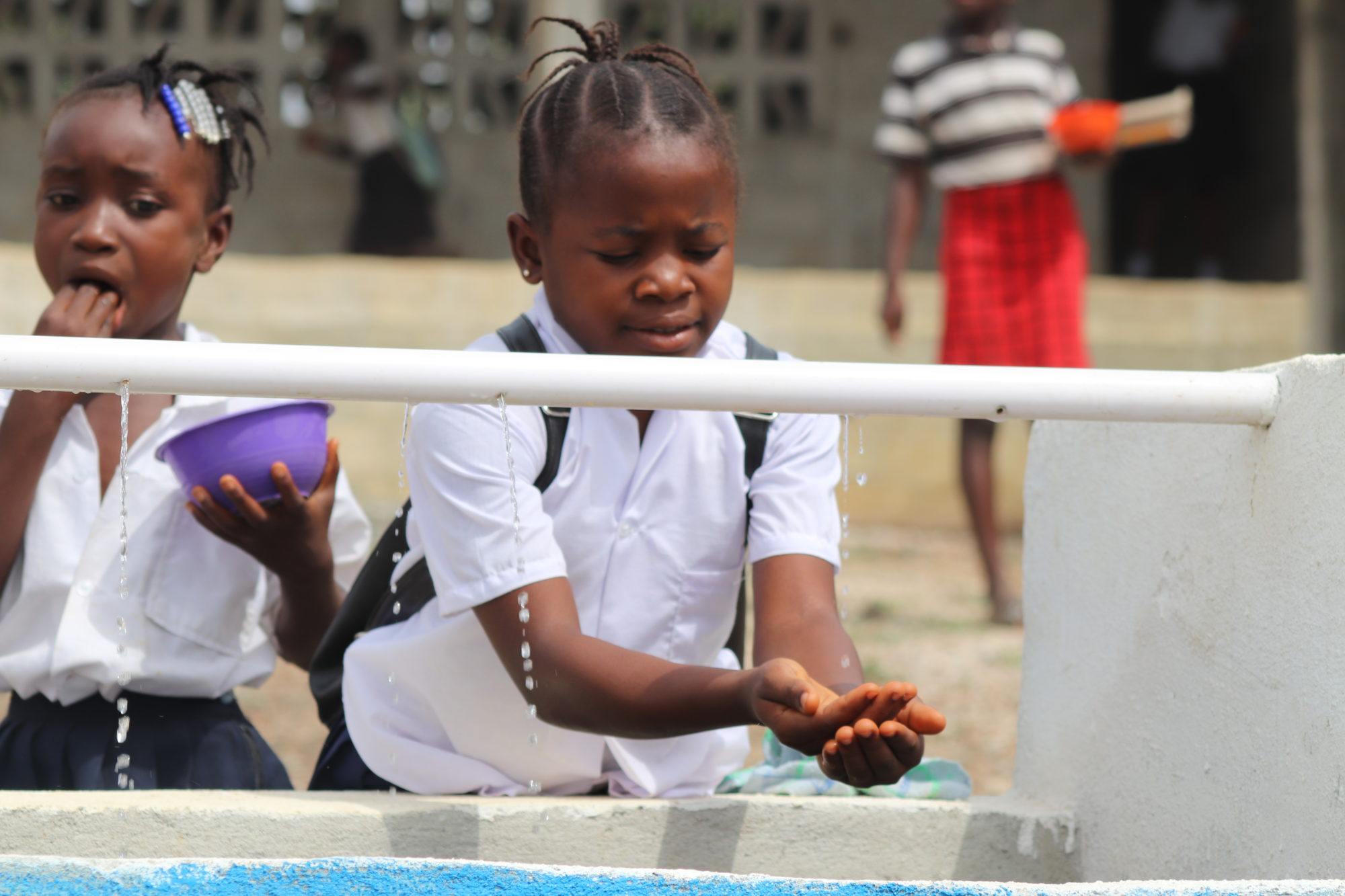
Thank you for this interview, I am really impressed with your work, I keep my fingers crossed and wish you every success.
Thank you very much too, for the chance to tell my story. I hope it reaches and inspires as many people as possible. And if there are people or organizations in Poland who can support us and work with us, I hope they do get in touch.
Urias W. Brooks, Jr. – Liberian, Founder and Head of Programs in a non-profit organization Youth Movement for Collective Action which aims to improve education and give career opportunities to young people. He has three Masters Degrees: Education Administration and Supervision, Public Administration and Healthcare Policy and Management, extensive experience of working with young people and works at a national level in education, child protection and youth sectors, collaborating with the government on developing education policy, among other things.
Photos: Courtesy of Urias W. Brooks, Jr.


